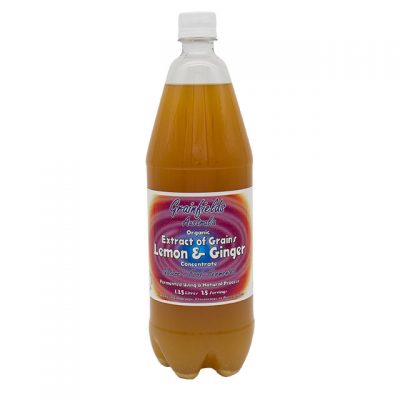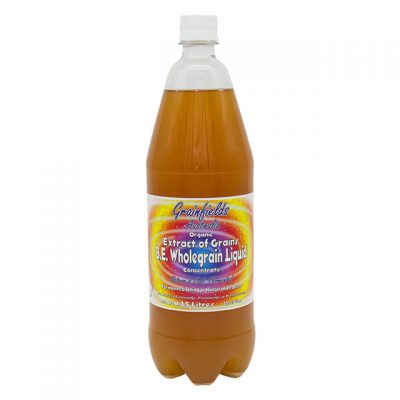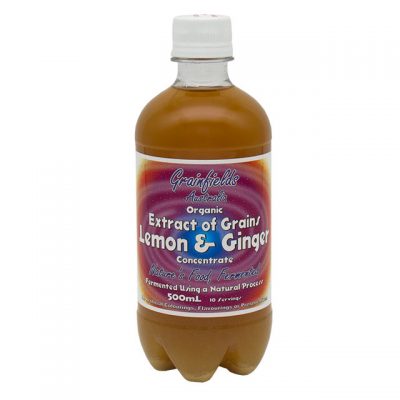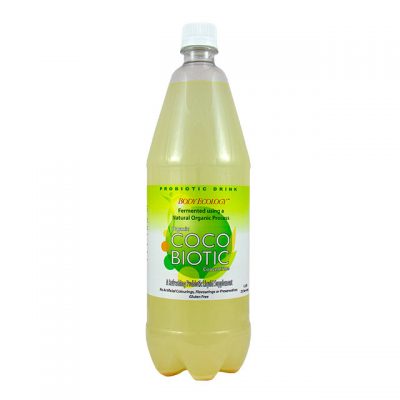Probiotic is a relatively new term that has been around for the last 20 years or so and is recently becoming a ‘buzz’ word. It is about using ‘good’ bacteria to promote health. Probiotic foods go a long way to helping an individual stay healthy.
The probiotic effects have been noted to include:
- a stronger immune system,
- better digestion and assimilation of food,
- vitamin and mineral uptake improvement,
- less infections,
- better sleep patterns and energy levels
Whilst probiotic foods can’t deliver all these improvements overnight, many scientific studies have shown that over time these are some of the benefits. Other scientific studies show that a lack of bacteria in the intestines or a germ free state leads to a weak immune system and low disease resistance. Populating your intestine with lots of ‘good’ bacteria means that there is less area for disease causing bacteria to take hold. Probiotic bacteria also produce chemicals that ward off disease causing bacteria. So having lots of these healthy bacteria means that you are guarding against inevitable invaders.
Today there are a lot of reasons to include probiotic foods in your diet regularly. Our water and food supply is geared to killing bacteria and this effects your intestinal bacteria. Chlorinated water, added preservatives and pasteurization aim to kill all bacteria. Our modern farming techniques also kill off bacteria in the soil and on our fresh foods. The prevalent use of pesticides, herbicides and fertilisers has changed the ecology of the soil. Our salads, fruits and vegetables used to be probiotic themselves but they are no longer sources of ‘good’ bacteria. Also, we eat many foods that do not encourage intestinal health, coffee, sodas, cakes, biscuits, breads, confectionary, deep fried and overlly processed foods are not friendly foods for our ‘good’ gut flora. Studies have also shown that as we age our populations of probiotic bacteria are reduced.
The good news is that this can be easily corrected over time. Including good sources of probiotic bacteria in the diet is easy. Eat more cultured foods, include our Grainfields products in your diet. They are excellent probiotic foods and can be consumed or added to foods in lots of different ways. Add some of the liquid to your drinking water every day to keep the numbers up. We do loose bacteria daily in our stools, replenishing your probiotics is something that is needed on a daily basis. Try to avoid foods that do not support probiotics, these foods will encourage the populations of pathogenic bacteria and make them stronger which ultimately means you get weaker.
Other studies show that there are benefits just from the DNA of probiotic bacteria itself and that maybe we don’t need the whole live bacteria. However, when it comes to probiotics there is so much evidence pointing to the benefits of the whole probiotic process and its tremendous impact on food and the digestive benefits. The bacteria themselves play an immensely important role in breaking down the food itself for us to digest it properly. To have them in pills or just the DNA is short changing yourself the rest of the benefits.
Each and every body can benefit from including probiotic foods in their diet. Whatever your state of health, these foods support health and immunity. No one would argue that fruit and vegetables are not good for you but what we have missed so far is that we need microorganisms to help us. They are not our enemies, we just need the right ones, these little animacules are our friends. More and more we will find that probiotics continue to be the ‘buzz’ word, they are the way of the future.




